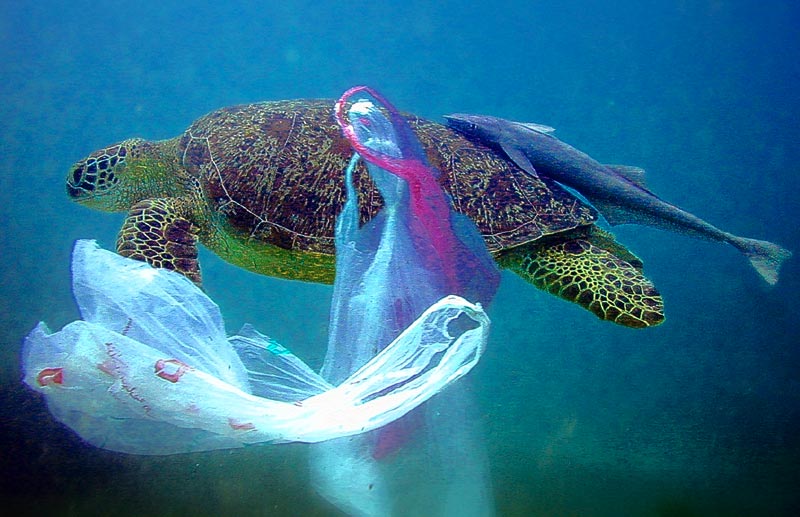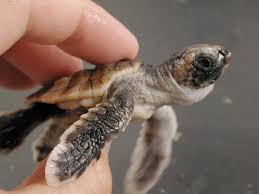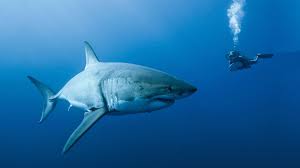1. Geoengineering: Friend or Foe ?
With climate change in its current state,geoengineering research and development has increased. This week, the National Academies released reports on two geoengineering options- carbon dioxide removal and solar radiation management. On Tuesday, a US government-sponsored scientific panel discussed the pros, cons, and feasibility of implementing this technology. The Panel did conclude that geoengineering is not a replacement for reducing greenhouse gas emissions. Read the National Academies’ report here …
2. World’s Oceans Clogged by Millions of Tons of Plastic Trash

Although pollution in our oceans has been widely acknowledged, a group of researchers was able to published some very shocking numbers to quantify the issue. The team took data on solid waste, population density, economic status, and the amount of plastic waste entering the ocean to help in their analysis. They determined that in 2010 275 million metric tons of plastic waste was generated and around 8 million tons actually entered the ocean. High income countries will need to improve their waste management infrastructure to manage this issue. Read more…
3. Jail Time for Manta Ray Trader
In 2014, the Ministry of Marine Affairs and Fisheries (MMAF) in Indonesia officially banned the hunting and trading of manta rays in Indonesia. Since that ban, the MMAF has been able to catch and reprimand the violators. Fines for participating in this illegal trade could amount to $150,000 USD fine and up to 8 years of jail time. Manta rays are profitable because of their gill plates. These plates are a key ingredient in a Chinese health tonic. The manta ray gill plate trade is approximately 30 million dollar a year., Read more…
4. Adapting to Survive? Gray Seals Prey on Porpoises
Continuous observation and research help track the evolution of certain species. Recently biologist Sebastian Fuhrmann witnessed a gray seal seen preying on a porpoise. Scientists believed that the gray seals’ diet consisted mainly of fish but, this event seems to negate that generalization. It is possible that the seals are either returning to old hunting habits or that they have adapted to a new food supply in light of the decreasing fish populations. Read more…
5. U.N. Climate Deal Set to Rely on Persuasion, not Coercion
This week, representatives from 200 countries spent time discussing how to collectively manage climate change at the UN conference in Geneva. Debates have centered around the topic of penalties associated with not complying to the proposed emission cuts. Instead of the traditional reprimanding, the countries of the UN may attempt to use a “non confrontational and non- judicial” method to jointly limit greenhouse gas emissions. These discussions are part of the preparation for the 2015 United Nations Climate Change Conference in Paris in December. Read more…

Here’s another item to explicitly add to the TSA banned item list- TURTLES. That’s right, turtles. Last year 211 baby turtles were found stuffed into boots at the Anchorage airport. These turtles were being smuggled to China where they could be sold for turtle soup. This week SoundWaters in Stamford, CT has adopted 22 of those saved diamondback terrapin turtles. Read more…
7. Endangered Turtles Rescued in Massachusetts Released

In a previous Week in Review we reported on the large number of Kemp’s Ridley sea turtles that were found stranded on the beaches of Massachusetts. After treatment and rehabilitation, ten of these sea turtles have been released back into the ocean off the coast of Florida. Read more…
8. Western Australia’s ‘Serious Threat’ Shark Policy Condemned by Senate

Western Australia has a long standing policy that gave the government approval to kill great white sharks, a protected species, if they posed a risk to public safety. The Senate has recently revoked this stating that the federal environment minister had not carried “out his responsibilities under the [Environment Protection Biodiversity] act, to protect species that’s listed as vulnerable, by allowing the serious threat policy to be used this way.” Read more…
9. The Horrors of Fishing With Dynamite
10. Government of Madagascar Creates Country’s First Shark Sanctuary
A new shark sanctuary was established in Madagascar and will become home to 19 species of sharks. A large percentage of those shark populations have been threatened due to overfishing. The creation of this sanctuary is one of the many actions associated with the new law to safeguard marine ecosystems. This law will also require collaboration between the local fisherman and the government to maintain appropriate fish populations. Read more…
11. BP Oil Spill Effects on Bottlenose Dolphins
A new study published in the PLOS One journal reports that the northern Gulf of Mexico saw the highest mortality rate of bottlenose dolphins between 2010 and 2014. Scientist refer to this increase as a multi-year unusual mortality event (UME). This event is defined by the National marine Fisheries Service as a significant pattern of marine mammal death. Although the cause for the UME has not been determined, the time frame and location does correlate with the aftermath of the 2010 Deepwater Horizon oil spill. Read more…






